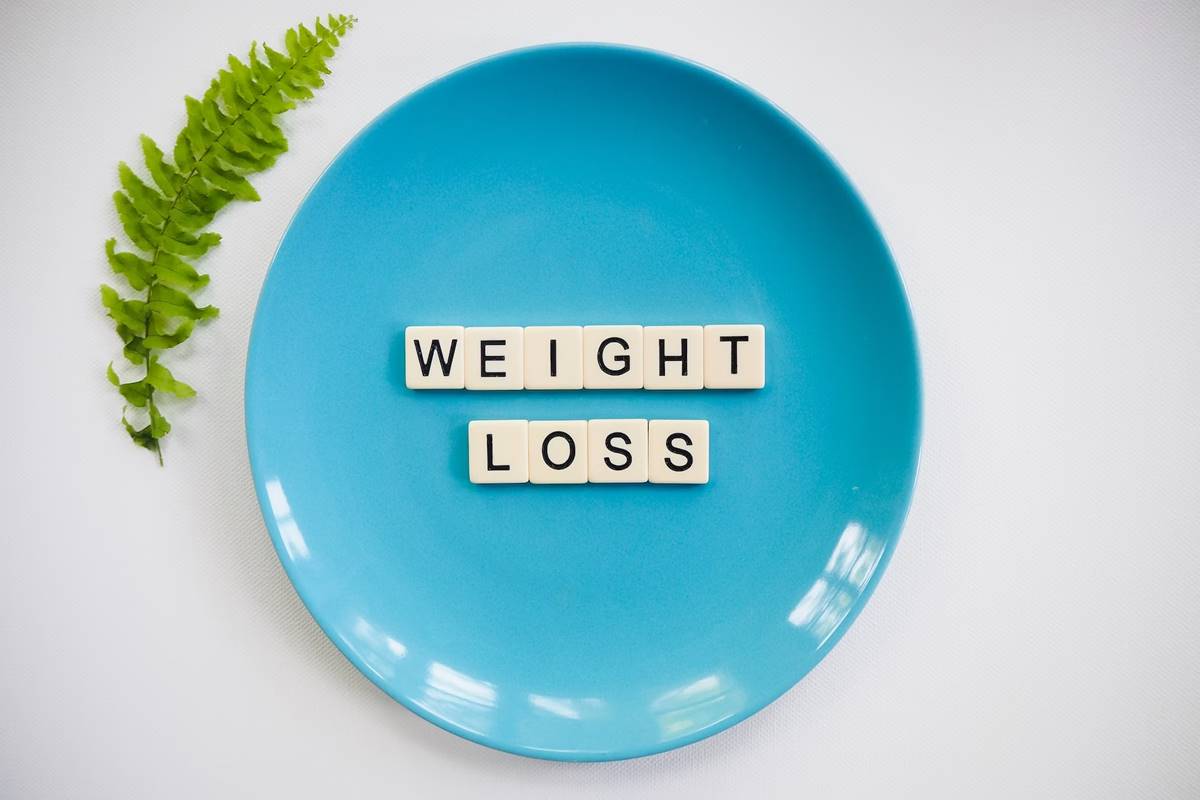Cancer patients suffer due to radioisotope shortage
It has been brought to attention, after a woman from Mathabhanga in Cooch Behar, who works as a daily labourer, was unable to receive treatment for her ovarian cancer.
Obesity drugs including Wegovy, which mimics a hormone that tricks the body into satiety, are currently being used by hundreds of thousands of people.

Image Source: Unsplash
Using popular weight loss drugs like Wegovey can make patients lose their muscle mass, AstraZeneca chief Pascal Soriot has warned.
Obesity drugs including Wegovy, which mimics a hormone that tricks the body into satiety, are currently being used by hundreds of thousands of people.
However, Soriot warned patients and called out companies to make the drugs to target “more fat and less muscles”, the Telegraph reported.
Advertisement
“Today you lose weight but you lose fat and you lose muscle. The problem with many of (the treatments) is when you stop, you regain weight, because obesity is a chronic disease.
“Most people as soon as they stop taking the medicines, they regain fat, but not so much the muscle that they have lost unless, of course, they go to the gym,” Soriot was quoted as saying.
He also asked pharma companies to “improve the quality” of weight loss drugs to make them last longer and target them more towards fat loss.
This comes as a slew of studies have pointed out several risks associated with these popular drugs like Ozempic, Rybelsus and Saxenda.
A study, published in JAMA, showed that the medications known as GLP-1 agonists, originally developed for managing Type-2 diabetes are associated with an increased risk of serious medical conditions including stomach paralysis, pancreatitis and bowel obstruction.
Some users claimed it raise suicidal thoughts, leading the European Medicines Agency (EMA) to launch an investigation of its potential dangers.
After examining about 2 million patients with type 2 diabetes or obesity, researchers at the Case Western Reserve University found no evidence to support the EMA’s concern that semaglutide may cause suicidal ideations.
Obesity treatments are witnessing a boom in demand, with experts expecting the industry to be worth $90bn (74bn pounds) within the coming years.
Soriot noted that this huge level of demand may increase plastic packaging, and raise environmental concerns. “If you think about a billion people using one plastic pen every week, that’s a lot of plastic. All these plastic pens will become an issue at some point.”
Meanwhile, AstraZeneca is developing its own weight-loss treatments, with the aim of leapfrogging rivals with a new, potentially cheaper, obesity drug. The company known for its Covid vaccine, struck a deal worth up to 1.6bn pounds for an experimental pill being developed by Chinese biotech company Eccogene in November.
Soriot said the plan is to create drugs which could be used in poorer countries rather than only Western nations, claiming AstraZeneca is developing “the next generation and the next wave” of obesity and diabetes treatments, the report said.
He added that AstraZeneca will be combining its medicines to help with other issues related to people’s weight, such as hypertension or heart disease, the report said.
Advertisement